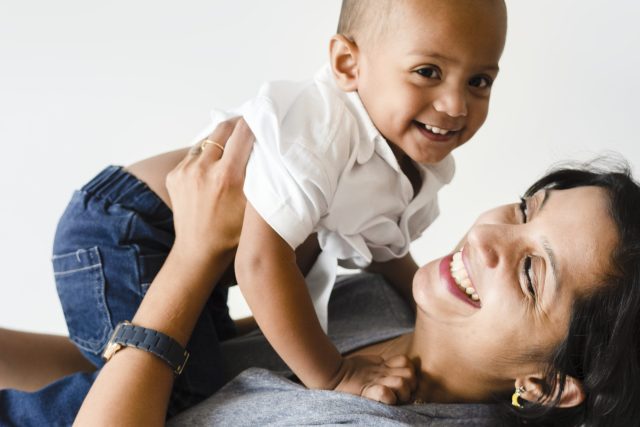If you’re wondering whether you should bother with teaching your baby a second language, the answer is a resounding yes. Despite not being able to speak, babies still begin hearing, retaining and pruning sounds as early as the womb, which will ultimately form the foundation of language.
Just like reading to your kids, the benefits of being bilingual are plentiful. Studies have shown that bilingual children are given a leg up in life, achieving higher cognitive and academic skills and receiving higher scores in non-verbal problem solving, grammar and mental flexibility.
photo: Teddy Rawpixel via rawpixel
Scientists have found that academic success is best predicted by early language interactions, including the integration of a second language. So what does that mean exactly?
While teaching your child more than one language requires work, it’s worth it in the end. Begin speaking to your child while still in the womb, speaking all the languages spoken in your home. Once your bundle of joy has entered the world, continue speaking to them in English and your other tongue when it comes to singing, reading and everyday conversation. The gift of language is truly priceless.
––Karly Wood
RELATED STORIES
The One Thing Every Parent Can Do to Help Their Kids Learn 1 Million Words
Laundromats for Literacy? How One Program Combines Suds & Stories
New Dietary Guidelines For Babies & Pregnant Women Are Long Overdue
